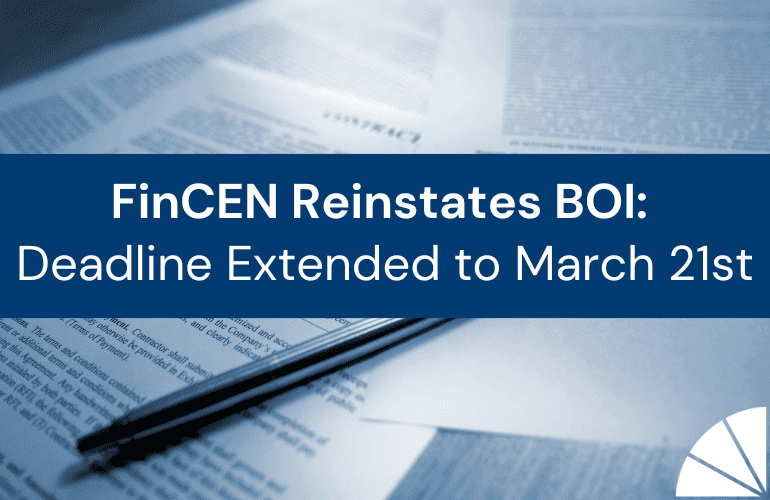
Any employer who sponsors a retirement plan has a fiduciary duty to their employees to act in their best interest when administering the plan. That includes ensuring the plan is functioning as intended based upon provisions set forth in the plan document. No matter the size of the plan, there are numerous pitfalls that could lead employers to non-compliance. Whether it be failure to remit funds on time or misapplication of the eligible compensation definition, the opportunity for error always exists. Even the use of large and reputable payroll providers and plan administrators can only mitigate the risk so much. Mistakes can be costly and open you up to scrutiny from both the DOL and IRS. We have more information on compliance on our blog.
While larger plans have the required safeguard against these potential traps in the form of their annual audit, smaller plans are often not evaluated by an independent outside party. Although no one typically looks forward to another audit, the process provides the employer with additional peace of mind that the plan is operating effectively and that they are protected from violating their fiduciary duties. The CPA will dig into the details of the employer’s payroll and HR functions surrounding the retirement plan and make sure everything is working as intended and in compliance with the applicable regulations and provisions of the plan. That’s why even plans that fall below the number of employees to require an audit of your retirement plan may want to consider an outside consultation from a CPA trained in auditing these plans. Having another set of eyes to review your current operations can help identify any existing issues that may have a long-term impact if not corrected. An experience CPA can also advise on best practices and ways to improve your plan’s operations. Some common areas where there may be risk of non-compliance or opportunities to improve include:
- Proper application of the definition of eligible compensation and employee deferral elections
- Proper calculation of employer matching contributions
- Timely remittance of funds to the plan
- Proper application of eligibility criteria to enroll into the plan
- Internal control review to mitigate fraud risk
- Operational process review and integration of service providers to reduce the opportunity for human error
LGA is able to leverage its years of retirement plan audit experience into a cost-effective review of your plan’s operations, no formal audit required. If you are interested in a consultation regarding your retirement plan, please contact LGA’s employee benefit plan team today!
by Matt Touma, CPA





